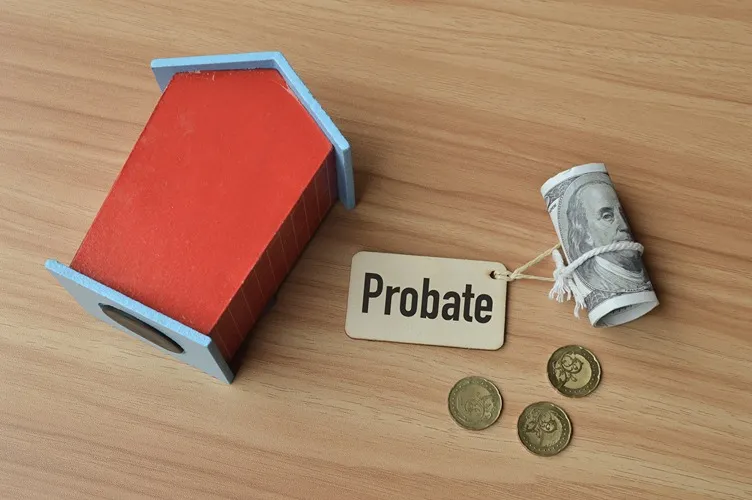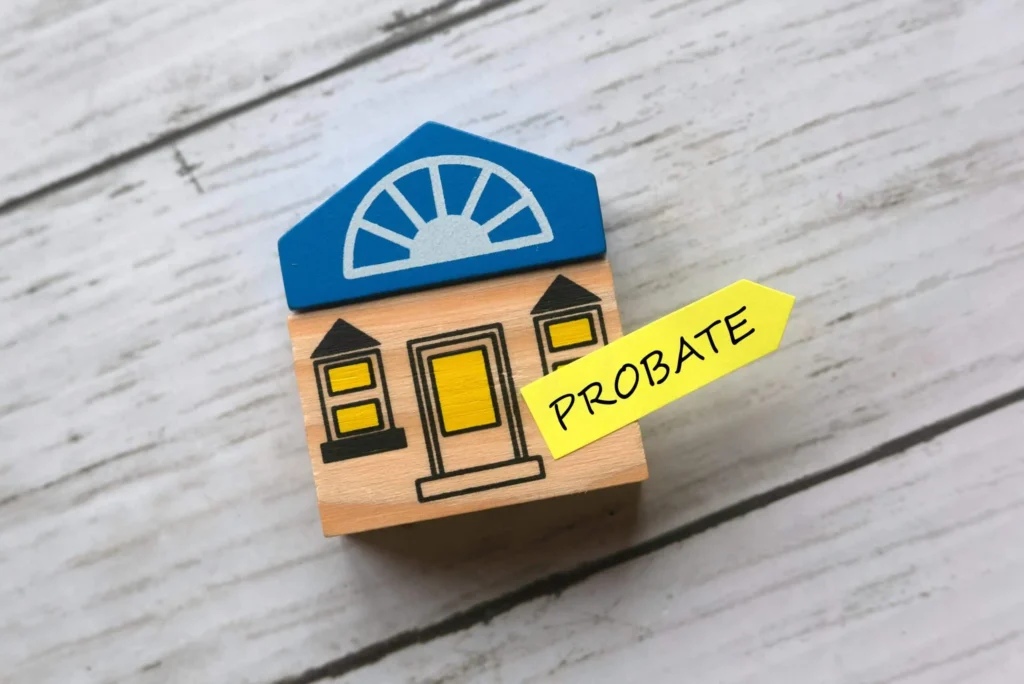Common Misconceptions About Probate in Texas
Many individuals harbor misconceptions about the probate process in Texas, often leading to unnecessary stress and confusion. One prevalent myth is that all estates must go through probate, which is not true; certain small estates can qualify for simplified procedures that bypass the full probate process.
Understanding these misconceptions is crucial for heirs and beneficiaries. For example, some believe that a will automatically avoids probate, but in reality, a will must still be validated in court. By addressing these myths, individuals can better prepare themselves for what lies ahead in the estate settlement process.
Steps to Take After a Loved One Passes Away
When a loved one passes away, there are essential steps that must be taken to manage their estate effectively. The first step typically involves locating their will, if one exists, and determining if probate is necessary. This process can be emotionally taxing, but knowing the initial steps can help streamline the journey.
In addition to locating the will, it is important to gather necessary documents such as death certificates and financial records. Engaging a probate attorney can also provide guidance through this difficult time, ensuring that all legal obligations are met and that the estate is settled according to the deceased's wishes.
Understanding the Role of Executors in Texas Probate
The executor plays a pivotal role in the Texas probate process, responsible for managing the deceased's estate and ensuring that their wishes are honored. This includes tasks such as paying debts, distributing assets to beneficiaries, and filing necessary court documents. Choosing the right executor is critical, as this individual will be the primary point of contact for the estate.
Executors must also navigate various legal requirements, including notifying creditors and handling tax obligations. Understanding these responsibilities can help executors fulfill their duties effectively and alleviate some of the burdens associated with estate administration.
Alternative Dispute Resolution in Probate Cases
Alternative dispute resolution (ADR) methods, such as mediation and arbitration, can be invaluable in resolving conflicts that arise during the probate process. These methods offer a less adversarial approach compared to traditional litigation, often leading to more amicable solutions among family members and beneficiaries.
Utilizing ADR can significantly reduce the time and costs associated with probate disputes. For example, mediation allows parties to discuss their concerns with a neutral third party, facilitating communication and potentially leading to a resolution that satisfies all involved. This approach can preserve family relationships while effectively addressing legal issues.










